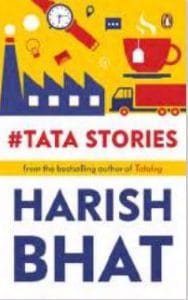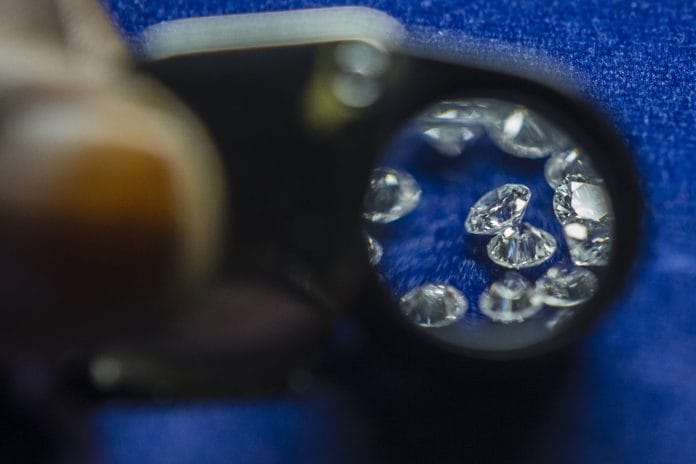Lady Meherbai Tata was born in 1879, and went on to become a feisty pioneer in the cause of women’s rights in India. A versatile, intelligent and accomplished lady, she was also a keen sportsperson and an accomplished pianist.
She was consulted on the milestone act which made child marriage illegal in India. It was called the Sarda Act, and was passed in 1929. Lady Tata evangelized this progressive and radical move in all quarters, both in India and overseas, and also spoke against untouchability and the purdah system. She was deeply committed to the cause of women’s education in India, and was one of the founders of the National Council of Women.
On 29 November 1927, she spoke in favour of the Hindu Marriage Act at Battle Creek College (now Andrews University) in Michigan, USA. Her spirited speech there provided her audience an excellent overview of Indian culture and history, as well as the customs and ignorance which impeded the progress of women in the country. She then called upon the Government of India to expeditiously pass a proposed bill which would outlaw child marriage and thus end this social evil. Indeed, she was a powerful spokesperson for the women of India. Along with her husband, Sir Dorabji Tata, the second chairman of the Tata Group, she also met the then US president, Calvin Coolidge, at the White House.
Despite being married into a wealthy family, she kept in active touch with all segments of society. One particular story is very interesting. When she heard that women living in a poor area of Byculla in Mumbai were unable to get access to food because of riots, she offered to become a food and vegetable vendor herself, along with some of her lady colleagues. The mayor refused her request, saying that his team and he did not consider it graceful for distinguished ladies to sell food. To which Lady Tata responded with quiet dignity: ‘We ladies did not come here to be graceful, we came here to be useful.’
Also read: Dr Homi J Bhabha, the man who set India on its path as a nuclear power
She was fiercely independent in her thoughts and actions. One powerful testament to this is her name: Meherbai. Her father, H.J. Bhabha, who was a professor and an eminent educationist based in Bangalore and then Mysore, played a key role in introducing her to progressive Western ideas. But when he wished to also change her name in a Western fashion, she drew the line firmly. When she was studying in school in Bangalore, he wanted her to spell her name in its anglicized version, ‘Mary’. She resisted this, stood up to her father and insisted on retaining her name in its original Persian form, ‘Mehri’, which thereafter became Meherbai. This demonstrated her pride in her roots and culture.
This deep pride expressed itself in other ways too. Meherbai was fond of playing tennis, and became very proficient at this sport. In fact, she won over sixty prizes in tennis tournaments. She was the first Indian woman drawn to play Olympic tennis—the mixed doubles in the Paris Olympics of 1924. What is most interesting and unique is that she played all her tennis matches wearing the Parsee saree, driven by her pride in her nation, and perhaps also to make a point to the British, who were ruling India at that time.
Her husband and she would often be sighted at the Centre Court of Wimbledon, watching tennis matches there. Meherbai’s passion for sports went beyond tennis too—she was an expert horse rider, and among the first Indian women to fly, as a passenger in the Zeppelin airship, in 1912.
Also read: Jamsetji Nusserwanji Tata, a Swadeshi who tried to make India a manufacturing hub
One of the most memorable stories I have heard about this inspiring woman is about the beautiful diamond she owned— and later gave away. The Jubilee diamond, at 245 carats, was twice as large as the famous Kohinoor, and bought for her by her loving husband. Lady Meherbai Tata wore it to special events on a fine platinum chain. However, in the 1920s, Tata Steel (then called TISCO) went through a great financial crisis and was on the verge of collapse. To resolve this crisis, the Jubilee diamond, which was part of their personal wealth, was pledged to Imperial Bank by Dorabji Tata and Meherbai to raise funds. This did solve the problem, and Tata Steel lived on to prosper greatly. Later, this diamond was sold, and the proceeds were used for the creation of the Sir Dorabji Tata Trust, which has been at the forefront of so many philanthropic activities in India. Earlier in this book, this fascinating story is narrated in far greater detail.
Lady Meherbai Tata played an enthusiastic role in raising contributions during World War I, and was an active member of the Indian Red Cross Society at that time. In 1919, in recognition of her services to women’s progress, and to the war efforts, she was made a Commander of the British Empire and received this honour at the hands of King George V.
Lady Meherbai Tata died of leukaemia in 1931, after a courageous fight against this terrible disease. Sir Dorabji Tata founded a Trust in her memory, which was dedicated to cancer research. This mission against cancer eventually led to the founding of the Tata Memorial Hospital in Mumbai in 1941.
Her ashes were interred at a cemetery at Brookwood in England, on a plot of land adjacent to the resting place of the founder of the Tata Group, and her father-in-law, Jamsetji Tata. Later, this would also be the final resting place of her beloved husband, Sir Dorabji Tata.
The words on her tombstone read: ‘She died as she had lived, working nobly for the cause of the women and the country, which she loved and served so well.’
May her life continue to inspire all of us.
This excerpt of #Tata Stories has been published with special permission from Penguin Random House India.







